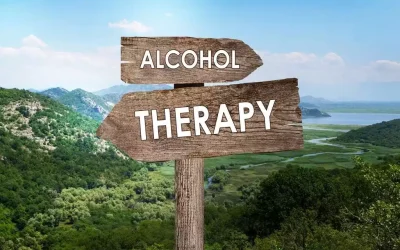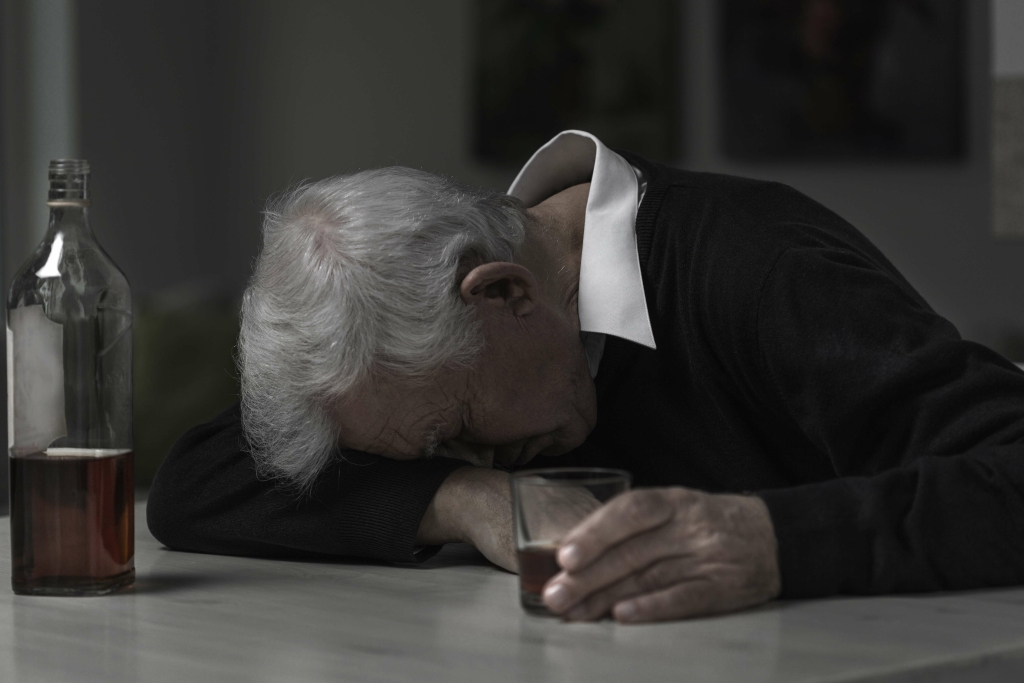Content
Exhibiting narcissistic behaviors when drunk, for example, doesn’t inherently mean that a person has NPD. Alcohol can influence narcissistic behaviors, such as arrogance, self-importance, and feelings of superiority that aren’t otherwise present when sober. Personality disorders like NPD are those in which a person has a rigid and unhealthy pattern https://ecosoberhouse.com/ of thinking, functioning, and behaving. Substance abuse disorders like AUD are characterized by mental and physical addiction. Because the alcoholic and the narcissist are primarily seeking one thing (alcohol and attention, respectively), they can never take a genuine interest in the feelings or motivations of others—even of themselves.
What mental illness is associated with alcoholism?
Axis I disorders commonly associated with alcoholism include bipolar disorder, certain anxiety disorders (e.g., social phobia, panic disorder, and post–traumatic stress disorder [PTSD]), schizophrenia, and major depression (Helzer and Przybeck 1988; Kessler et al. 1997).
Both narcissists and alcoholics will use anybody they can to get their fix. By the same token, alcoholics sacrifice their health, well-being, reputation, relationships and self-esteem unless they seek help. During conversations, they don’t seem to process what other people tell them. In some cases, they take money set aside for household expenses or their children’s education. Along with emotionally or physically neglecting their loved ones, they sometimes commit physical abuse.
Learn more about Alcohol Addiction with OurUltimate Resource Guide
They might infrequently have bouts of excessive drinking, for example, but find that it doesn’t affect their life and that it’s easy to cut back on alcohol (or to stop drinking entirely). Many people use the terms “alcohol use disorder” and “alcohol misuse” interchangeably, but they refer to two different things. Although it may be impossible to prevent NPD, people can take steps to reduce the risk of developing additional disorders through the understanding that it is common for substance misuse disorders to co-occur.
Can narcissism mimic addiction?
Substance use disorders may mimic the symptoms of narcissistic personality disorder during active addiction. The symptoms of narcissistic personality disorder may be present before the beginning of a substance use disorder, and substance abuse may worsen them.
There are meds for that – and medical professionals who’ll prescribe them. And some of those med-free remedies even echo those advocated by both Alcoholics Anonymous and the NIAAA. Heck, most alcoholics have turned selfishness into an actual art. So whenever anyone’s looking for someone to represent the narcissist, well, they only need to find the closest excessive drinker.
Need help getting addiction treatment?
While alcoholism is an addiction and extreme narcissism is a personality disorder, narcissists and alcoholics tend to share 11 similarities. Knowing these can help you cope with people in your life who have narcissism or alcoholism. Multiple regression analyses were conducted in Stata 14 (StataCorp, 2014). Five outcome variables (alcohol use, problems, and problem recognition, expectancies and evaluations) were tested in steps. For each regression model, gender, social desirability, and alcohol use (in the models where it wasn’t the outcome) were entered at Step 1. Though age was collected, it was not controlled for due to the sample being so homogenous.

If you think you have either or both conditions, it’s best to talk with a mental health professional for a diagnosis. According to the National Institute of Mental Health, 22.6% of people with a personality disorder also have a substance use disorder (SUD), which can include alcohol use. Treating NPD can be challenging and may require long-term therapy, but working alongside healthcare professionals can help people reduce symptoms. With treatment, those with NPD can live healthy lives with positive relationships. According to a 2018 article, due to the common co-occurrence of personality disorders and AUD, it is important that substance misuse services screen for personality disorders and vice versa.
Alcoholism and Narcissistic Personality Disorder: How Are They Related?
Grandiose narcissism is a personality factor contributing to the likelihood of alcohol consumption and a good evaluation of alcohol problems. Vulnerable narcissism, on the other hand, emerged as a risk factor for alcohol-related problems. Vulnerable narcissism also contributes to people’s expectation and recognition of alcohol problems. This study highlights the importance of individual differences in alcohol-related outcomes in a high risk population of college students.
However, your spouse’s behavior is unlikely to change without professional treatment. If your spouse lives with an alcohol use disorder, they are at risk of having a co-occurring mental health condition. If your spouse has narcissistic personality disorder, it can be even more difficult to cope with the behavioral side effects of alcohol addiction. When two disorders are occurring, it is always vital to obtain treatment for both disorders at the same time.
Daily drinking can have serious consequences for a person’s health, both in the short- and long-term. Many of the effects of drinking every day can be reversed through early intervention. Although NPD can’t be cured, someone with NPD can change their behavior if they’re willing to narcissism and alcoholism put in the time and effort, according to research from 2018. With both conditions, the benefits of therapy depend on your willingness to work on yourself. If your alcohol use is severe, you’ll likely need to go to an inpatient facility so that you can safely withdraw from alcohol.
- Being able to side-step away from negative comments and intrusive questions is necessary in protecting your personal information and mental wellbeing.
- If someone you know has alcoholic narcissist symptoms, don’t neglect your own needs.
- You don’t have to try to cope with life and addiction all on your own.
- They are evidence-based – rooted in decades of peer-reviewed psychological research and proven outcomes.
- And some of those med-free remedies even echo those advocated by both Alcoholics Anonymous and the NIAAA.


